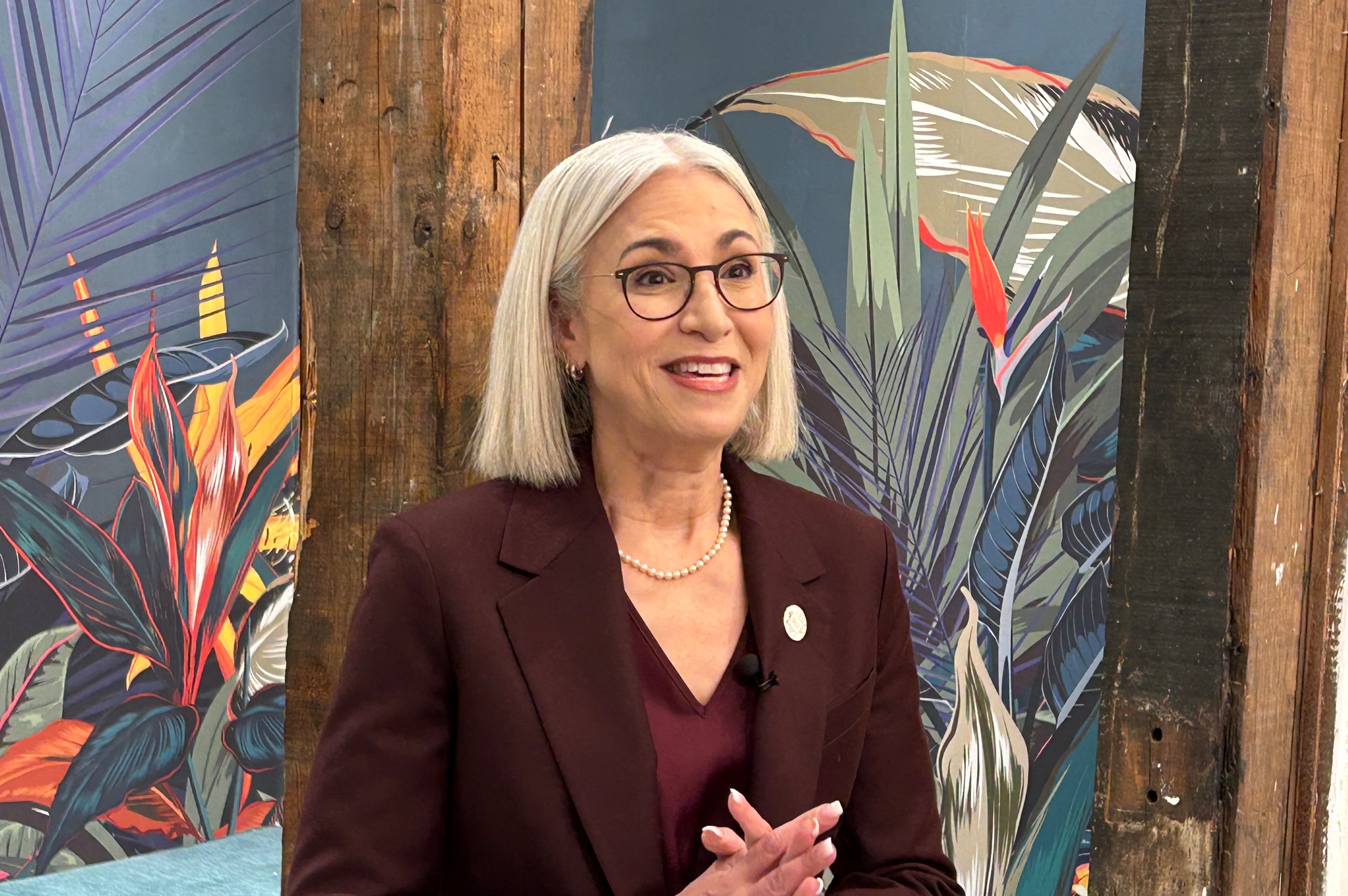Gwinnett County sues state of Georgia over city of Mulberry

Gwinnett County this week sued the state of Georgia and three state legislators in an effort to invalidate the recently ratified city of Mulberry.
It is the first time in recent memory that a metro Atlanta county has sued over the creation of a city in its boundaries.
“A misleading referendum cannot be allowed to stand,” the county said in court filings. “The City of Mulberry should not be allowed to come into being nor should the upcoming November 5, 2024, election for city council occur.”
A county spokesperson declined to comment further, citing a policy against discussing pending litigation.
The county sued the state in Fulton County Superior Court and filed a separate complaint in Gwinnett County Superior Court against the five members of the Mulberry transition team: state House Majority Leader Chuck Efstration, state Sen. Clint Dixon, state Reps. Derrick McCollum, Chuck Warbington and Jerry Hanes.
Warbington is the city manager of Lawrenceville but lives in the Mulberry boundaries. Hanes is president of the Hamilton Mill homeowners’ association.
In both lawsuits, Gwinnett County argues the city charter that voters approved in May violates the Georgia Constitution. The charter prohibits Mulberry from imposing a city property tax unless voters change the charter in a separate referendum. The state constitution grants city councils the power to tax and amend charters without a referendum, according to the county.
The charter also spells out the services Mulberry will provide — planning and zoning, code enforcement and stormwater management — but Georgia grants city councils “home rule” powers to make those decisions, the county said.
The charter also prohibits Gwinnett County from changing the zoning of any property in the city limits during the transition period, which the county contends is illegal.
Efstration and Dixon proposed the new city in response to a developer’s application to build hundreds of apartments near Hamilton Mill. There is no multifamily housing in Mulberry’s borders. Amid intense backlash, the developer withdrew the application before it came to the county commission for a vote.
Gwinnett County should not be required to conduct Mulberry city council elections, negotiate with the new city to provide services or give up zoning in the Mulberry boundaries, the lawsuits say.
“Our position is that the legislation is valid and should be upheld,” said Kara Murray, spokesperson for Attorney General Chris Carr.
Dixon and Efstration said they were disappointed in Gwinnett County.
“I’m flabbergasted that they’re continuing this pursuit to try to stop the city,” Dixon said. “Gwinnett County just kind of continues to try to impose themselves on it, actually wasting taxpayer dollars doing that.”
Efstration said: “I wish Gwinnett County would instead work to forge a beneficial relationship with the new city of Mulberry.”
A small part of Mulberry is in McCollum’s district. He lives in unincorporated Hall County but owns a business in the city of Oakwood.
“I don’t understand why Gwinnett County is wanting to fight this city,” he said. “How many cities are in Gwinnett County already? And most people love their city. It’s a sense of community. ...You have your neighbor representing you.”
Gwinnett has 16 cities partially or wholly in its boundaries. Mulberry would become the largest by land area and second-largest by population. The most populous city, Peachtree Corners, is also its newest. It was incorporated in 2012 with a tax rate cap and restrictions on services that experts later said were unconstitutional.
Peachtree Corners officials struck those provisions from the charter and wrote them into ordinances instead. Gwinnett County did not sue over the city’s creation.
Mulberry is scheduled to become a city on Jan. 1, when the five-member elected council is sworn in and a two-year transition period will begin. The council will choose a mayor from among them.
Mulberry city council candidate Harris J. Roth sued Gwinnett County to nullify the new city this week, after a resident’s previous attempt was thrown out for lack of standing. Roth’s complaint makes the same arguments as the county’s.
“He is uncertain of how anyone could challenge City of Mulberry if not him,” the lawsuit says.
Roth, a retired software engineer, did not return a message seeking comment.
This week’s filings bring the total number of lawsuits against the creation of Mulberry to seven.



